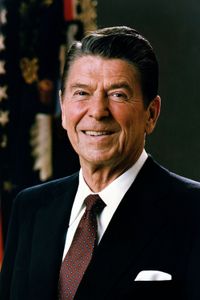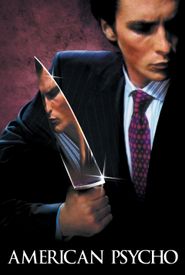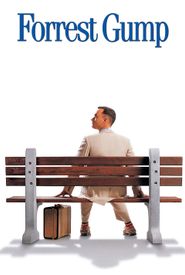Ronald Reagan had a remarkable career, which spanned from being a Warner Bros. contract player and television star to serving as president of the Screen Actors Guild, governor of California, and finally, two terms as President of the United States.
Born in Tampico, Illinois, to Nelle Clyde (Wilson) and John Edward "Jack" Reagan, he was a salesman and storyteller. His father was of Irish descent, and his mother was of half Scottish and half English ancestry.
Reagan was a successful actor beginning in the 1930s, and was a staunch admirer of President Franklin D. Roosevelt. He was elected president of the Screen Actors Guild in 1947 and served five years during the most tumultuous times to ever hit Hollywood. A committed anti-communist, Reagan not only fought more-militantly activist movie industry unions that he and others felt had been infiltrated by communists, but had to deal with the investigation into Hollywood's politics launched by the House Un-American Activities Committee in 1947.
In 1950, U.S. Representative Helen Gahagan Douglas (D-CA),the wife of "Dutch" Reagan's friend Melvyn Douglas, ran as a Democrat for the U.S. Senate and was opposed by the Republican nominee, the Red-bating Congressman from Whittier, Richard Nixon. While Nixon did not go so far as to accuse Gahagan Douglas of being a communist herself, he did charge her with being soft on communism due to her opposition to the House Un-American Activities Committee.
The Douglases, like Reagan and such other prominent actors as Humphrey Bogart and Edward G. Robinson, were liberal Democrats, supporters of the late Franklin D. Roosevelt and his New Deal. They were NOT fellow-travelers; Melvyn Douglas had actually been an active anti-communist and was someone the communists despised.
Reagan's career sagged after the late 1940s, and he started appearing in B-movies after he left Warner Bros. to go free-lance. However, he had a eminence grise par excellence in Lew Wasserman, his agent and the head of the Music Corp. of America. Wasserman, later called "The Pope of Hollywood," was the genius who figured out that an actor could make a killing via a tax windfall by turning himself into a corporation.
Ironically, Reagan became a poor-man's James Stewart in the early 1950s, appearing in westerns, but they were mostly B-pictures. He did not have the acting chops of the great Stewart, but he did have his agent. Wasserman at M.C.A. was one of the pioneers of television syndication, and this was to benefit Reagan enormously.
The ownership of Universal and its entry into the production of television shows that were syndicated to network made M.C.A. the most successful organization in Hollywood of its time, a real cash cow as television overtook the movies as the #1 business of the entertainment industry.
Wasserman repaid Ronald Reagan's largess by structuring a deal by which he hosted and owned part of General Electric Theater (1953),a western omnibus showcase that ran from 1954 to 1961. It made Reagan very comfortable financially, though it did not make him rich. That came later.
In 1960, with the election of the Democratic President John F. Kennedy, the black and gray lists went into eclipse. J.F.K. appointed Helen Gahagan Douglas Treasurer of the United States. About this time, as the civil rights movement became stronger and found more support among Democrats and the Kennedy administration, Reagan - fresh from a second stint as S.A.G. president in 1959 - was in the process of undergoing a personal and political metamorphosis into a right-wing Republican, a process that culminated with his endorsing Barry Goldwater for the Republican presidential nomination in 1964.
In 1959, while Reagan was back as a second go-round as S.A.G. president, M.C.A.'s exemption from S.A.G. regulations that forbade a talent agency from being a producer was renewed. However, in 1962, the U.S. Justice Department under Attorney General Robert F. Kennedy successfully forced M.C.A. - known as "The Octopus" in Hollywood for its monopolistic tendencies - to divest itself of its talent agency.
When Reagan was tipped by the California Republican Party to be its standard-bearer in the 1965 gubernatorial election against Democratic Governor Pat Brown, Lew Wasserman went back in action. Politics makes strange bedfellows, and though Wasserman was a liberal Democrat, having an old friend like Reagan who had shown his loyalty as S.A.G. president in the state house was good for business.
According to the Wall Street Journal, Universal sold Reagan a nice piece of land of many acres north of Santa Barbara that had been used for location shooting. The Reagans sold most of the ranch, then converted the rest of it, about

















































































































































































































































